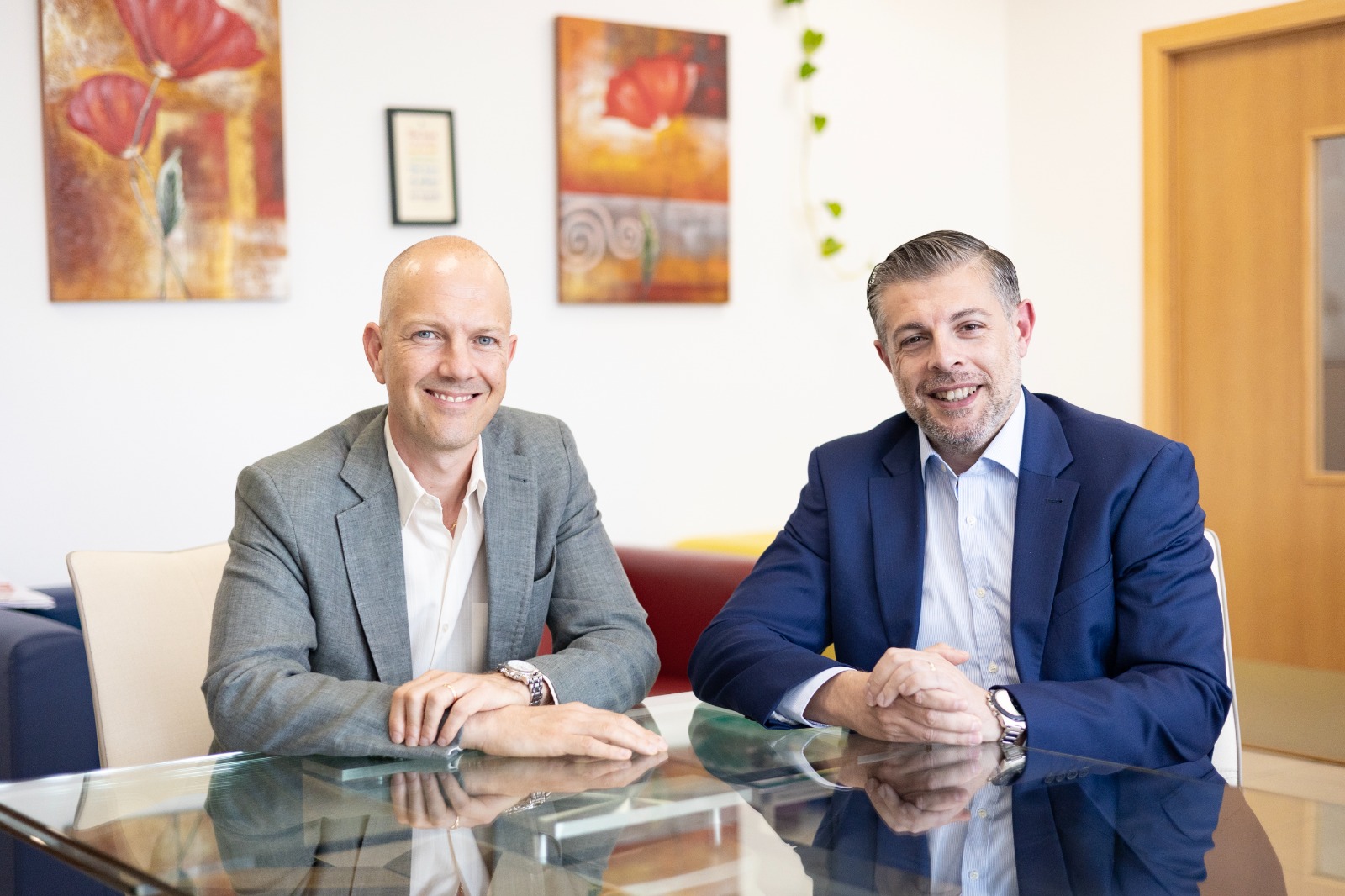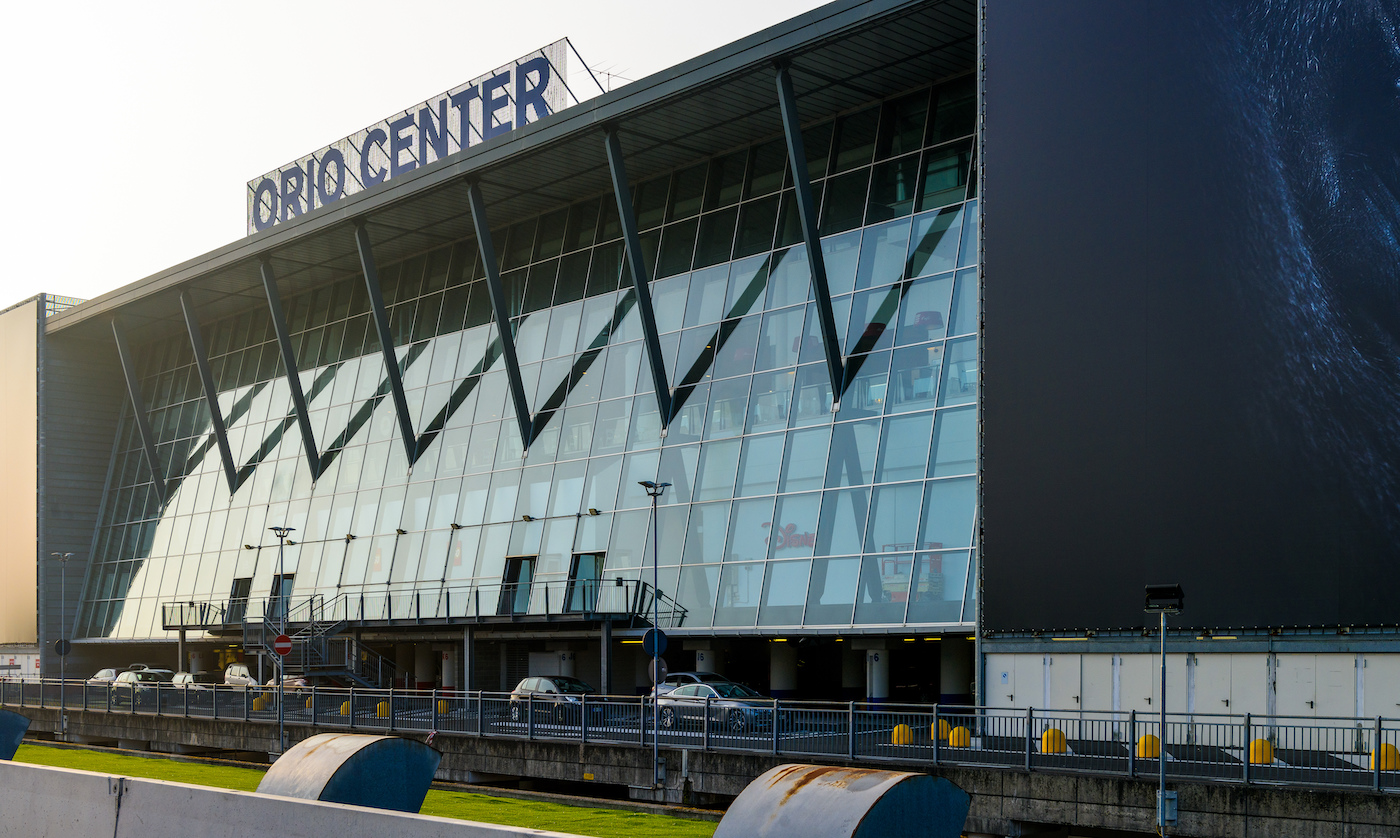The strength of any economy lies in the education and skills of its workforce, and locally, the Malta Further and Higher Education Authority (MFHEA) is at the heart of this mission. As an independent and international authority, the MFHEA is ensuring the highest education standards and fostering a competent community of empowered individuals ready to excel in various careers.
MFHEA achieves this in various ways, ranging from recognising international academic programmes to providing guidelines on the validation process for formal and non-formal learning programmes, ensuring more people can upskill with accredited courses and advance in their careers. By bridging the gap between academic excellence and the practical needs of individuals and employers, MFHEA sets the benchmark for quality education, which ultimately benefits the local business community through an increasingly skilled talent pool to draw from.
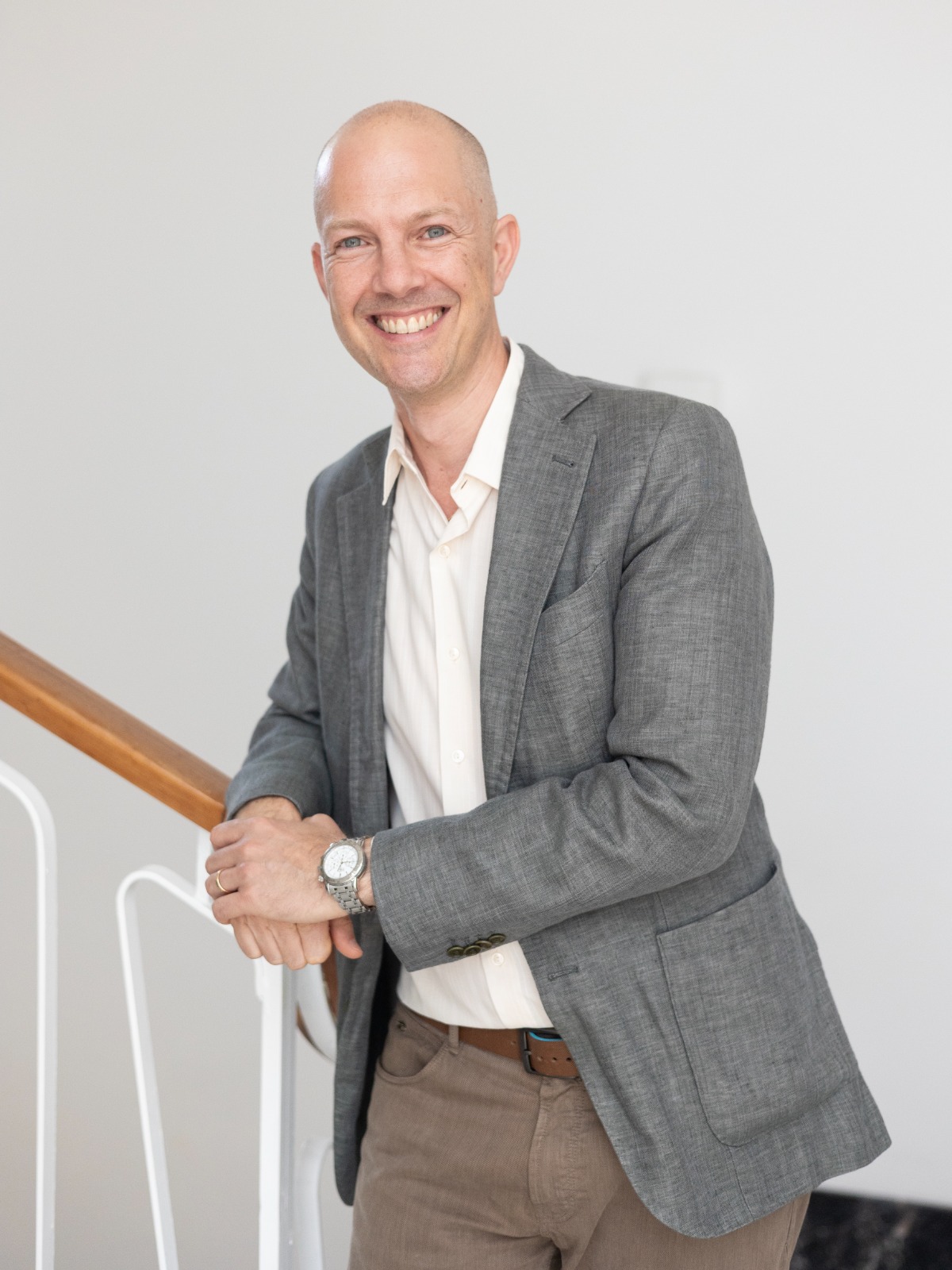
With Malta increasingly embracing global opportunities, more and more local students are looking to attain an education from foreign institutions. Conversely, in the light of human resources shortages across various industries, Malta is working to attract talent from abroad, eager to pursue careers on the island. Dr Stefan Sant at the Malta Qualifications Recognition Information Centre (MQRIC) plays a pivotal role in facilitating this exchange, ensuring qualifications align with local standards and needs.
As Dr Sant explains, MQRIC is part of a European network of recognition centres governed by the Lisbon Recognition Treaty, which regulates recognition of higher education qualifications from abroad across Europe and North American regions. MQRIC verifies if a qualification is accredited in its country of origin and how these correspond against the Malta Qualifications Framework (MQF).
“I think it’s important to note that employers can hire whoever they like, regardless of formal qualifications, because at the end of the day they understand better than anyone whether a candidate is right for their job. For example, in IT, there are lots of qualifications which are not accredited anywhere, because syllabi change rapidly. But that doesn’t discount the candidate’s expertise and experience,” Dr Sant explains, adding: “Naturally, certain industries, like the medical and financial fields, require stringent proof of education. MQRIC can provide the essential checks to ensure qualifications are accredited and, when necessary, authentic.”
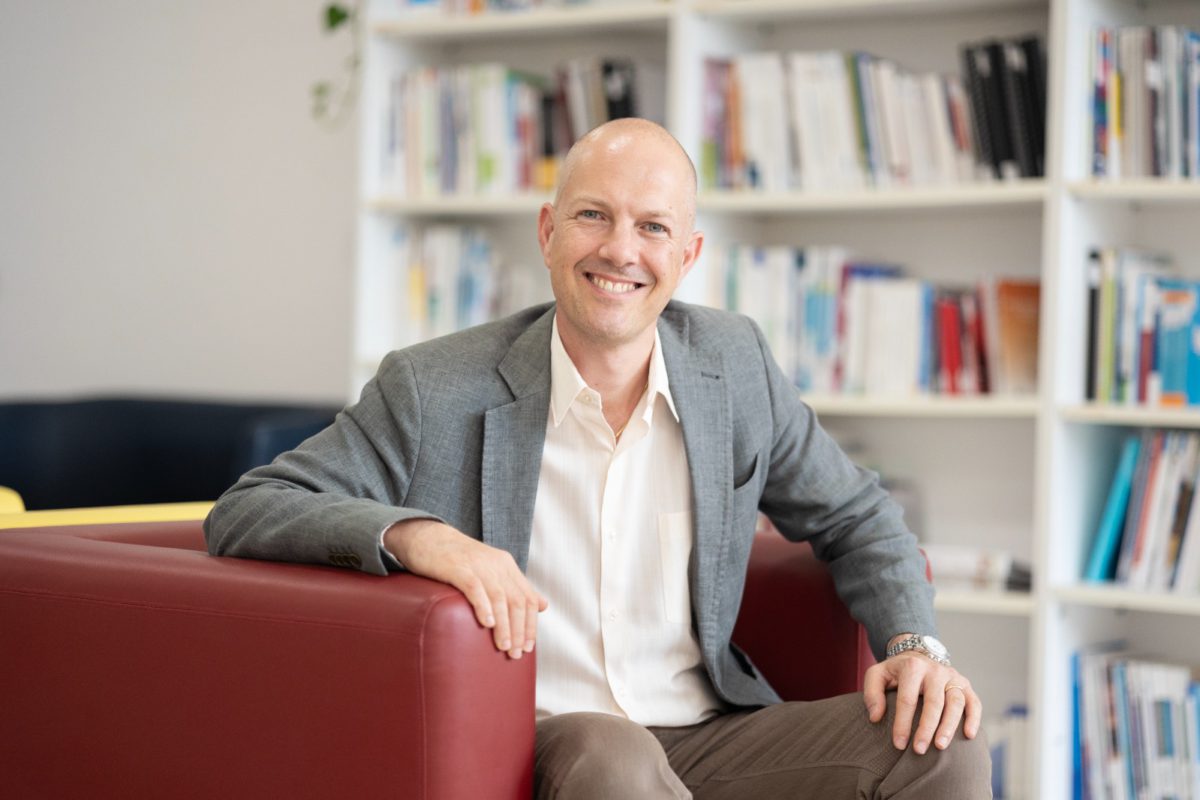
When conducting assessments, Dr Sant follows a strict process to verify that qualifications are legally accredited. Within the EU, this has become a relatively straightforward exercise. However, assessing qualifications from outside the EU can be more complex due to differing educational standards and naming conventions. In these cases, MQRIC consults with regional counterparts and a broad network of fellow professionals to ensure fairness and a uniformity of outcome.
Dr Sant emphasises that MQRIC doesn’t authenticate individual certificates but, rather, it verifies the accreditation of the issuing institution. If fraud is suspected, they take it upon themselves to notify relevant authorities like the police or professional councils to address the issue. Data protection is also key to the process, so that any third-party submissions, such as those by employers on behalf of candidates, have proper authorisation.
“MQRIC has become instrumental in promoting a circular movement of workers and students to and from Malta, especially within the EU,” Dr Sant says. “I urge both students and employers to use our services wisely. For students, make sure to check the accreditation of a foreign qualification before starting your studies abroad to avoid any issues with employability when you return. For employers, if you’re hiring a foreign national, have them apply for MQRIC verification before they arrive in Malta, especially if the qualification is critical for their role. Our service is accessible online from anywhere, making the process easy and straightforward for everyone.”
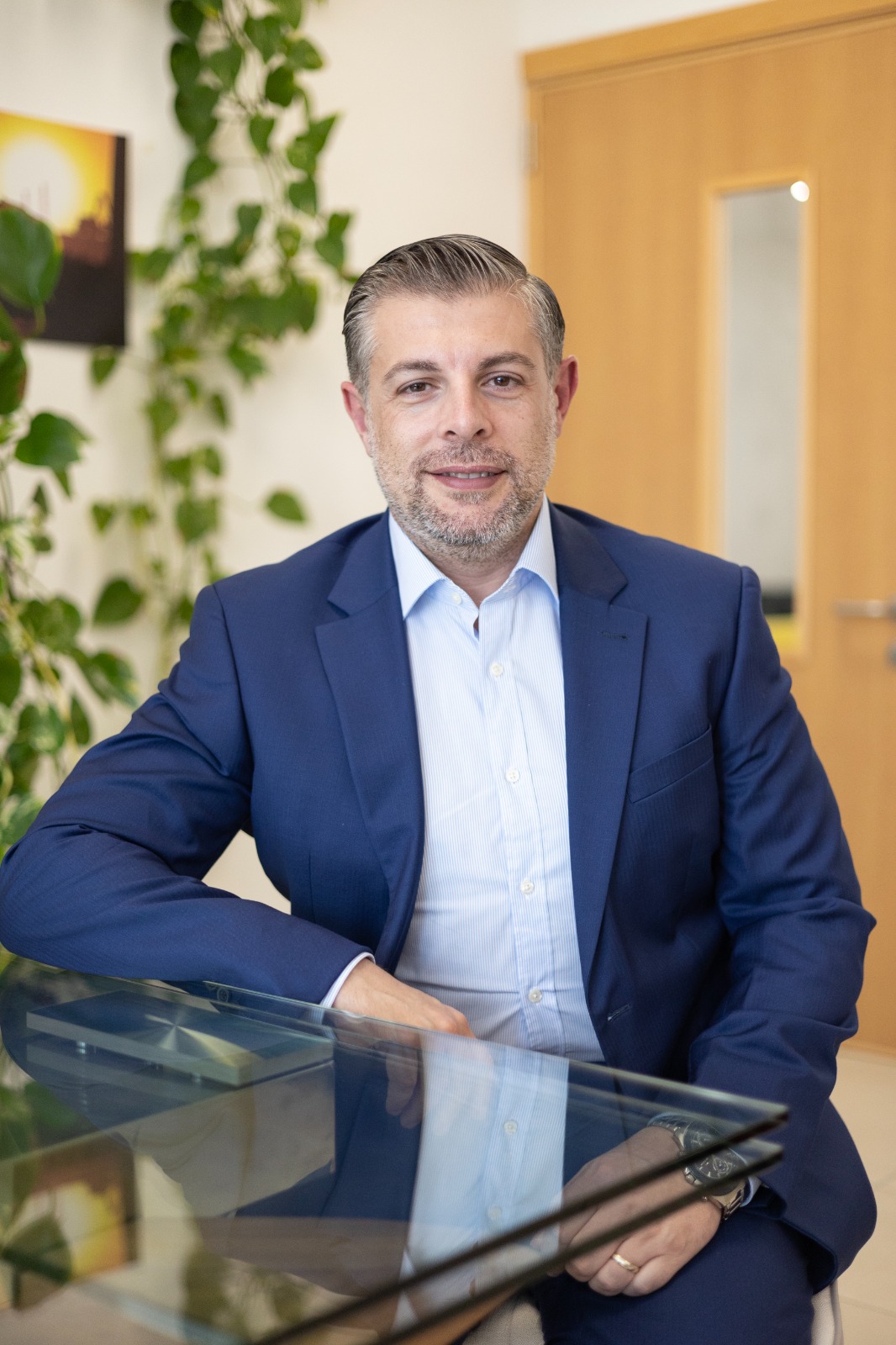
In addition to attracting talent and welcoming foreign qualification to Malta, the country’s strategy to market itself as an education hub has led to a significant rise in interest from local and foreign institutions wanting to offer accredited programmes from Malta. The process of ensuring that institutions can deliver and award accredited programmes falls under the responsibility of Lawrence Azzopardi, Head of Accreditation, Quality Assurance, and Validation at MFHEA. His unit is central to MFHEA’s operations, managing licenses, provider accreditations, and programme validations from MQF level 1 to 8.
“Government’s focus on positioning Malta as a competitive destination for higher education has proved very successful. Over the past five years, we have seen a huge increase in requests for licensing, and our regulatory framework for online teaching and learning, which many other countries lack, has also given Malta a competitive edge,” Azzopardi explains.
Increasingly, the local business community is benefitting from accredited programmes that address specific skill gaps through micro-credentials. This trend is enabling businesses to upskill their workforce efficiently.
“We’re seeing a number of businesses, like those in real estate and hospitality, establishing their own academies to provide specialised training and fill gaps left by traditional educational institutions,” Azzopardi shares. “These accredited institutions offer practical, hands-on training and flexible learning options, aligning more closely with industry needs when compared to traditional academic institutions. What’s more at MFHEA, we do not preclude such academies from opening their programmes to individuals outside their workforce.”
This is offering significant benefits to both employers and the economy. Employers can get their internal training programmes accredited or collaborate with external institutions to upskill their workforce, keeping their workforce up-to-date and competitive. Additionally, these accredited programmes, backed by a thorough quality assurance framework, are helping attract both local and international students, making Malta a compelling hub for education and industry.
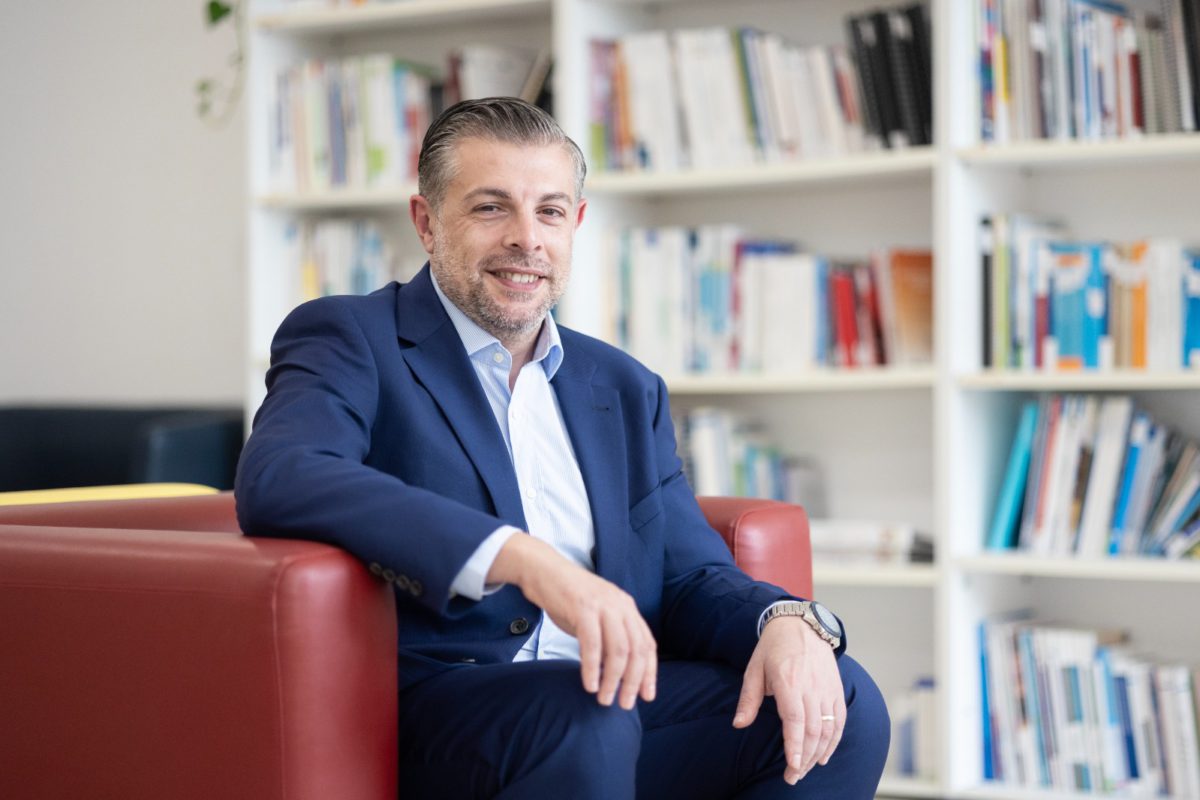
Azzopardi highlights how more businesses in Malta are recognising, and capitalising on, the benefits of having accredited and flexible local institutions. With worker shortages prevailing in various industries, employers are reaching out directly to institutions to recommend their best students. Moreover, employers are contacting schools offering modules that meet specific training needs. Rather than forcing an employee to complete another two-year degree, this allows professionals to upskill through earning an accredited micro-credential or exit award, gaining the necessary skills they need in a more efficient and focused manner.
“Today, there are countless educational opportunities and incentives available for employers and professionals,” says Azzopardi. “As an authority, we’re here to ensure trust and quality in Malta’s education system, to benefit professionals, employers, and the broader business community. I especially encourage employers looking to upskill their workforce or offer accredited programmes to reach out to us at the MFHEA for guidance and support.”
Echoing this sentiment, Dr Sant adds: “I strongly invite both businesses and students to reach out for information. Whether you’re a business looking to understand the accreditation of a potential employee’s qualifications or a student wanting to verify the credentials of an overseas programme, we are here to help and ensure you have the information necessary to make informed decisions.”
Malta flights to Bergamo suspended following fatal incident
An incident resulted in the cancellation of several other flights, with some flights being redirected to nearby airport
Malta’s business economy grows by 15.6% in 2023
While large enterprises continue to play a leading role, SMEs and micro-businesses remain vital pillars of the economy
Malta’s dramatic increase in cost of living: visualised
Price levels rising from 84 per cent to 93 per cent of the EU average


